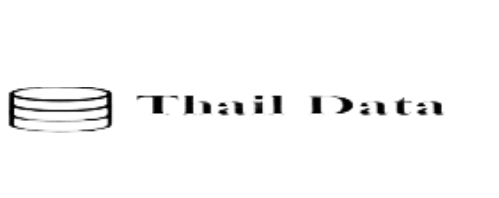Frameworks have become basic tools for web development and applications; they allow you to optimize time, costs, and services. Discover the advantages of using them and the best frameworks on the market today. In the last few years, web frameworks like Symfony, Laravel, Phalcon, and Drupal have improved significantly and become necessary tools for developers that want to create web applications, optimizing time, costs, and services. In this article, we’ll analyze the best market frameworks and the things to keep in mind when choosing the one for you.
What is a Web Framework?
A framework is a web development tool that, generally speaking, is defined as an application or group of modules that allow for the agile development of applications through previously existing libraries and/or functionalities. Frameworks ensure Telegram Data that the developer is not repeatedly “reinventing the wheel” and focuses on the problem at hand and not on the implementation of functionalities that are normally used and already solved by others. Should We Bet on Frameworks? The answer is a resounding yes. And this is why: 1. Your Web Code is Organized from Day 1 With frameworks, the order and control of both the code and files is superior.
When you install a framework for PHP language or any other language, they already have a defined structure.
It’s a way of maintaining a certain organization to find the files you need easily. This is very useful when the software has been around for a bit and many different developers have used it. When everyone is following the same rules, the information is Thailand data well organized and it’s easier to find files. 2. Don’t Reinvent the Wheel As we mentioned before. Frameworks provide solutions to the majority of the common problems that web developers face. All existing frameworks have a series of uses for: MVC Development Architecture (Model, view, controller) User authentication, access control, sessions, cookies Directory structure and moduled files Request and answer management (POST, GET, WebServices) Form and data validation management Location and multilingual management 3. MVC Architecture (Model – View – Controller) We aren’t speaking Greek, although it may seem like it.

